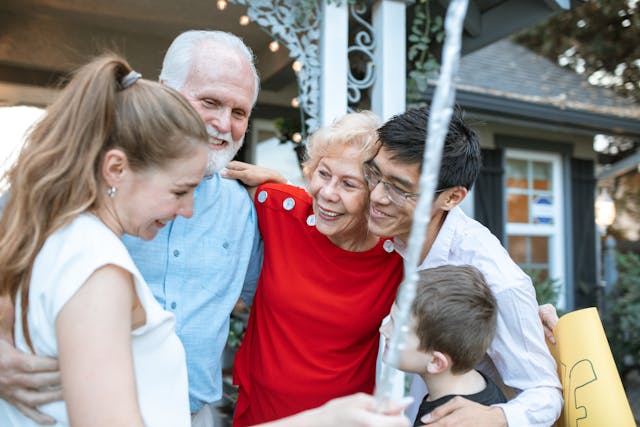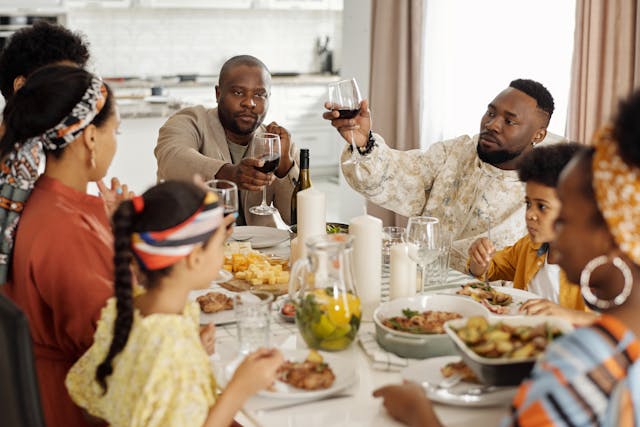Cultural Differences in Family Values: Celebrating Diversity at Home
Families are the heart of communities, but the way families live, communicate, and value relationships can differ widely across cultures. Understanding these differences helps us appreciate the rich diversity around us and build stronger connections at home and beyond. Here’s a look at how family values vary and why celebrating these differences matters.

What Are Family Values?
Family values are the beliefs and practices that guide how families interact and support each other. These values shape how people show respect, handle responsibilities, make decisions, and celebrate traditions. While every family is unique, culture plays a big role in shaping these values.
Individualism vs. Collectivism
One of the biggest differences in family values is between individualistic and collectivist cultures.
- Individualistic cultures (common in the U.S., Canada, and much of Europe) emphasize personal freedom, independence, and self-expression. Families encourage members to pursue their own goals and make individual choices.
- Collectivist cultures (found in many Asian, African, and Latin American countries) focus on group harmony, loyalty, and family unity. Decisions are often made with the whole family in mind, and caring for elders is highly valued.
Both approaches have strengths. Individualism fosters independence, while collectivism promotes strong support networks.
Roles and Responsibilities
Family roles can also vary by culture. In some cultures, traditional roles are clearly defined—such as parents being providers and children showing respect through obedience. In others, families embrace more flexible roles, with shared responsibilities among all members.
Understanding these roles can help avoid misunderstandings, especially in multicultural families or communities.
Communication Styles
How families communicate is another key difference. Some cultures value open, direct communication where feelings and opinions are shared freely. Others prefer indirect communication, using gestures or hints to avoid conflict and maintain harmony.
Recognizing these styles improves listening and empathy in family conversations.
Celebrating Traditions and Rituals
Family celebrations and rituals reflect cultural values. Some families gather around religious holidays, others honor ancestors, while some focus on milestone events like birthdays or weddings.
Sharing and respecting these traditions enriches family life and teaches children about their heritage.
Why Celebrating Diversity Matters
When families recognize and celebrate their cultural differences, they build respect and understanding. This openness helps reduce stereotypes and promotes kindness in communities.
For mixed-culture families, embracing both sets of values can create a unique family identity that honors all backgrounds.
How to Celebrate Family Diversity at Home
- Learn and share: Talk about each family member’s cultural background and traditions.
- Create new traditions: Blend customs from different cultures to build shared experiences.
- Practice respect: Listen to each other’s views and be open to different ways of thinking.
- Educate children: Teach kids about the importance of diversity and inclusion from a young age.

Final Thoughts: Building Bridges Through Family
Family values shape who we are, but they also connect us. By understanding and celebrating cultural differences at home, we can build bridges of respect and love that reach far beyond our walls. In a diverse world, family is where acceptance begins.












